|
Recent photographs of a black leopard in Kenya made headlines across the world. Most black leopards can be found in Asia, though there isn’t a reliable figure of how many there are in the world and little is known about them. Sam Williams spoke to Nicholas Pilfold a Kenya-based biologist who has been researching the cats and the threats they face.
Ethiopia currently produces about 90% of the world’s teff - an ancient grain from the region. The plant is in demand because of its health benefits, unique nutritional contents and that it's gluten free. But the country has major shortcomings when it comes to teff production. HyeJin Lee explains why the industry needs an overhaul to satisfy local demands and international markets.
|
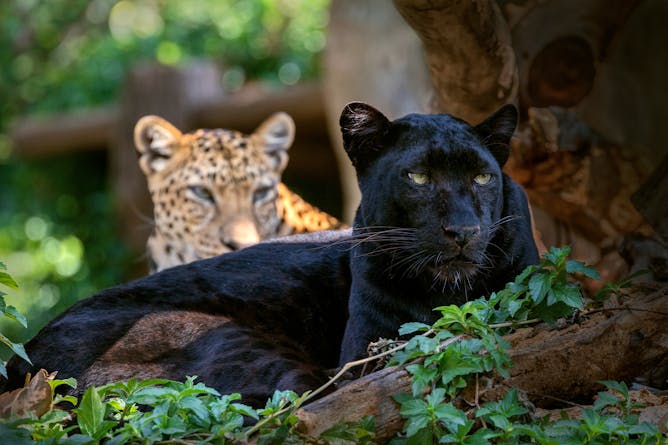
About 11% of all leopards are black.
jeep2499/Shutterstock
Sam Williams, Durham University
Black leopards are different because of a recessive genetic variation known as "melanism".
|
Environment + Energy
|

James Njiru, Kenya Marine and Fisheries Research Institute
With proper regulation, Lake Victoria's fisheries could increase production without damaging wild stocks or the environment.
| |
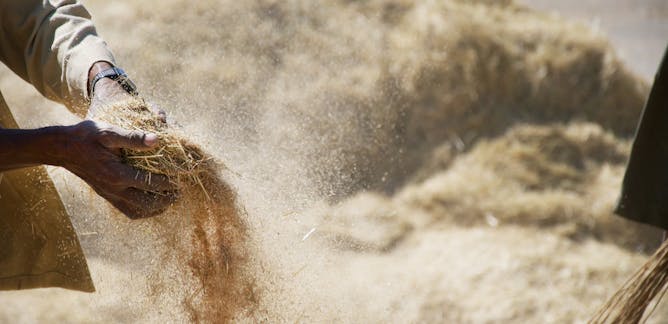
HyeJin Lee, Konkuk University
Ethiopia's teff plant is gluten-free and demand is growing. The country needs to upgrade its harvesting to reap the rewards.
|
|
|
Politics + Society
|

Brian Raftopoulos, University of the Free State
The debate on sanctions on Zimbabwe has been lost in the southern African region and on the continent.
| |

Dion Forster, Stellenbosch University
South Africans are facing abuse at the hands of charlatan religious leaders.
|
|
|
From our internationals
|
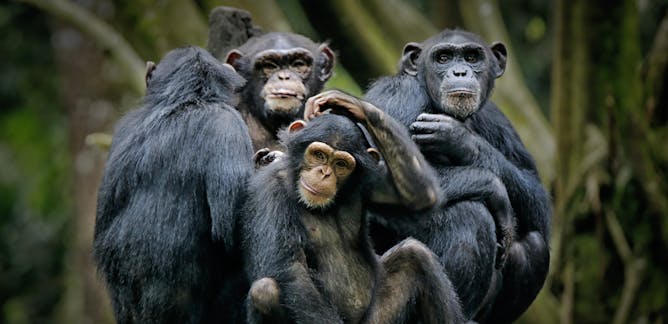
Alexander Piel, Liverpool John Moores University; Fiona Stewart, Liverpool John Moores University; Lydia Luncz, University of Oxford
Our closest relatives show distinct cultural behaviour in different populations. But those differences are being erased.
| |
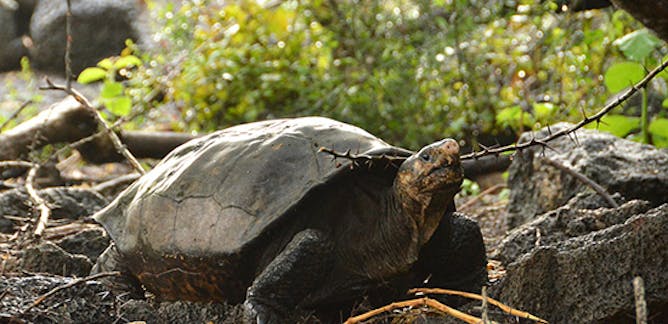
David Roberts, University of Kent
From the reappearance of giant bees to sightings of clouded leopards – can we ever be certain that a species has died out?
|
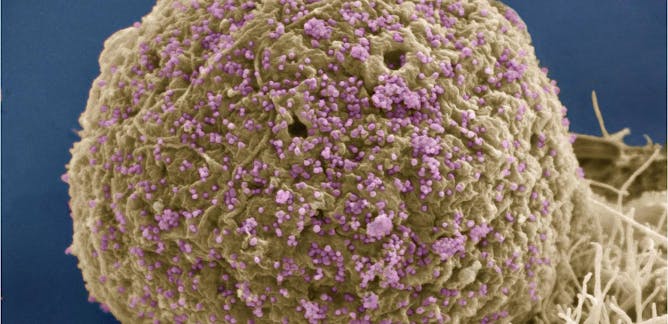
Allison Webel, Case Western Reserve University
Headlines around the world declared that a second person was cured of their HIV. But while the results are encouraging, we're a long way from a cure.
| |

Neha Shivhare, Simon Fraser University
Robots for tutoring? The desire to keep pace with technological change should not eclipse larger questions about how children's development is impacted.
|
|
|
En français
|

Jean-Baptiste Meyer, Institut de recherche pour le développement (IRD)
La participation des étudiants au mouvement de protestation est déterminante pour sa dynamique. Cette population porte aussi en elle des transformations sociales profondes et à long terme.
| |

Ghaliya Djelloul, Université catholique de Louvain
Les manifestations non violentes contre le régime de Bouteflika ont ouvert l’espace public en Algérie, rappelant le besoin crucial d’une société civile libre et impliquée.
|
|
|